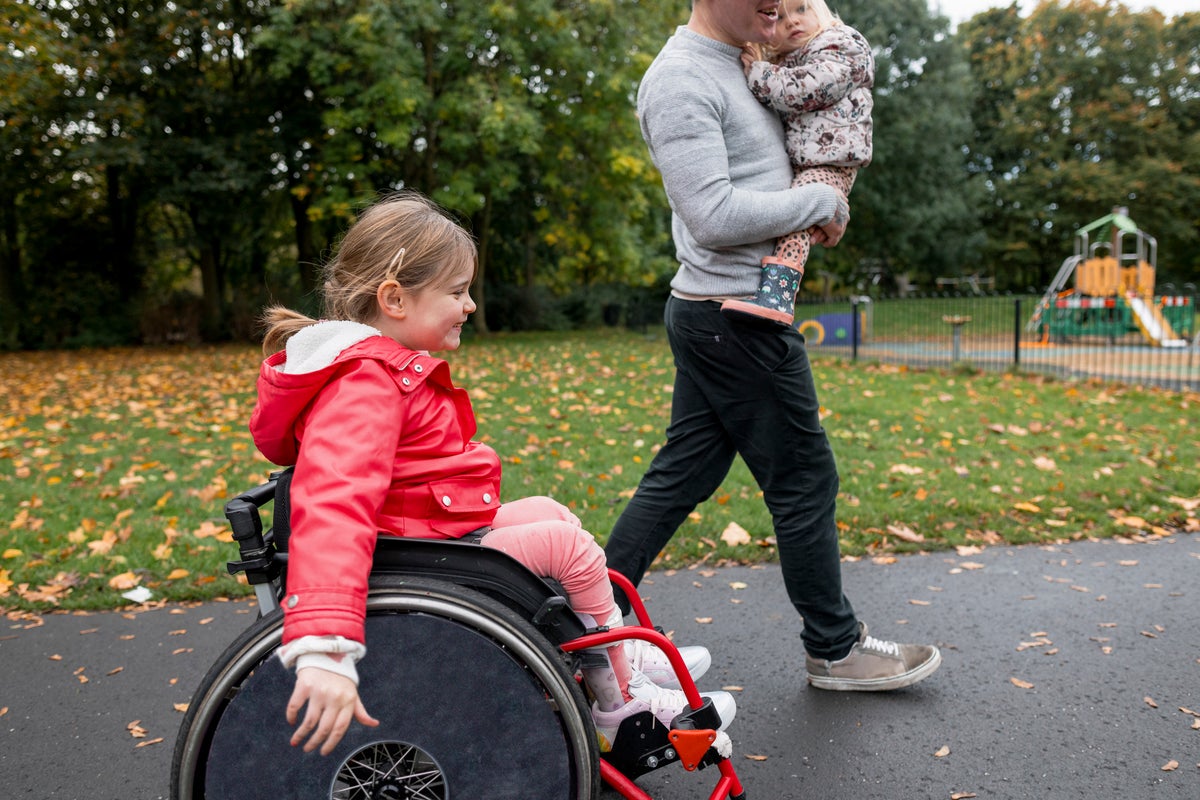The “offensive” language used in disabled children’s social care law needs to be changed, a report has urged.
It also said that the level of support for disabled has become a postcode lottery, which has been labelled as ‘unfair’.
The Law Commission set out dozens of points for the government to consider in a review aimed at modernising and simplifying the law on disabled children’s social care in England to better meet the needs of young people and their families.
The government-ordered review branded the current definition in the Children Act 1989, which includes the word “handicapped”, outdated and “offensive” compared with more modern approaches contained in the Equality Act 2010 or the United Nations Convention on the Rights of Persons with Disabilities.
It also said the law as it stands is potentially unfair, and often results in disabled children with the same needs being “treated differently depending on where they live in the country” because legislation has been interpreted “to allow local authorities to develop area-specific eligibility criteria, to determine which disabled children qualify for services and which do not”.
Currently local authorities can put together their own criteria on who is eligible for care depending on the financial resources they have available, resulting is “a postcode lottery of provision”.
The commission recommended a more consistent approach through the establishment of a single duty to meet the social care needs of disabled children, subject to national eligibility criteria.
Alison Young, commissioner for public law, said: “These recommendations represent a crucial step towards ensuring disabled children receive the support they need, when they need it, regardless of where they live. The current system, built on legislation from decades ago, has become unnecessarily complex and is no longer working for children and families.

“Our proposals would create a simpler, fairer and more accessible framework that puts the child’s best interests at the heart of decision-making whilst maintaining vital protections. The reforms would end the unacceptable situation where a child’s eligibility for support depends more on their postcode than their needs.
“By establishing national eligibility criteria and clearer legal pathways, we can ensure every disabled child has access to consistent, appropriate support. These changes would also empower children by giving them direct rights to request assessments and access independent advocacy when they need it most.”
Anna Bird, chairwoman of the Disabled Children’s Partnership, said current criteria for children to qualify for support are “shrouded in mystery and different depending on where you live”.
She said: “We urge the government to adopt the Law Commission’s recommendations to ensure parents of children with high care needs no longer have to fight for months and years to get the smallest amount of help and support.
“Their implementation would relieve the pressure on schools who are often left to pick up the pieces from social care failings and it would help reduce poverty. It’s crucial that this chance for a fairer, more accessible social care system is taken by the government now.”
Tom Marsland, from the national disability charity Sense, said the report must be a “wake-up call” and that ministers must take urgent action.
He said: “We now urge the government to act quickly and decisively to make these changes. Every day of delay means more families will be left to struggle and disabled children will miss out on the support they desperately need.”
A Department for Education spokesperson said: “The current legal framework for disabled children in the social care system and their families is fragmented and difficult to navigate.
“We are grateful to the Law Commission for shining a light on this issue and will carefully consider the findings and respond in due course.
“We are determined to break down barriers to opportunity through our Plan for Change. That is why our Children’s Wellbeing and Schools Bill marks the biggest overhaul of children’s social care in a generation and we’re working closely with families to reform the Send system to deliver the outcomes children deserve.”


